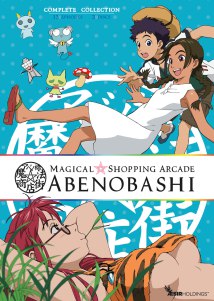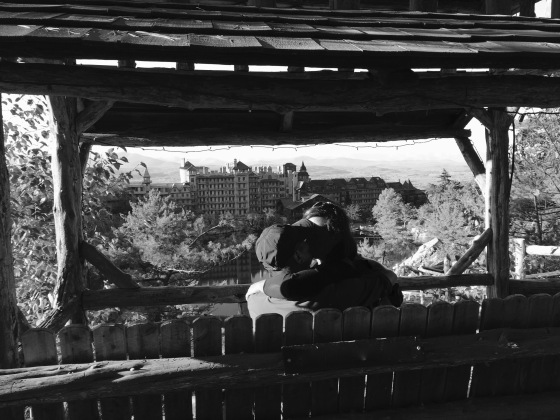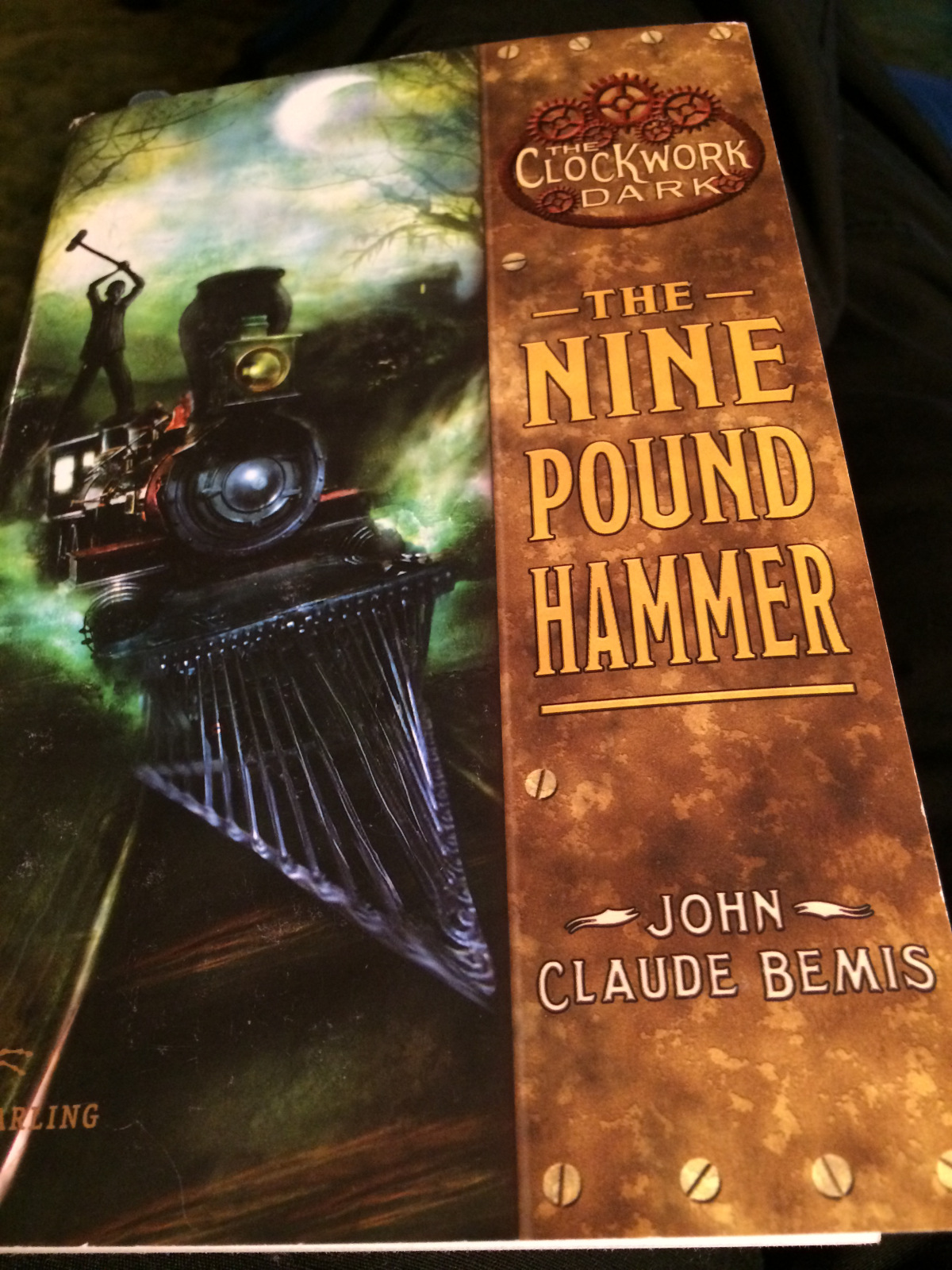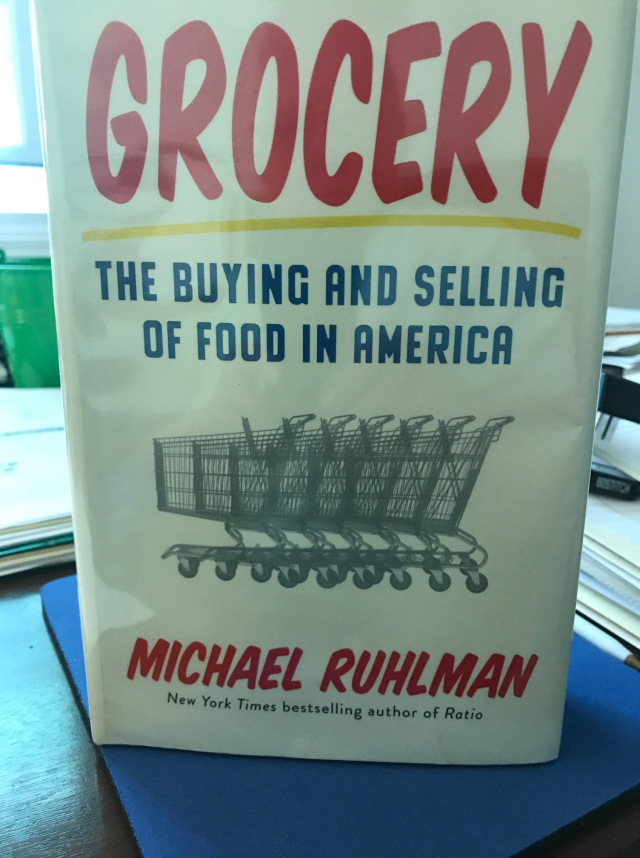I’m so excited to be hosting an interview with the amazing Foz Meadows! We’re talking about the first book in her portal fantasy series, An Accident of Stars. Note that the second book in the series, A Tyranny of Queens, has just been released in the UK and comes out tomorrow in the US!
In case we have any readers unfamiliar with it, could you tell us a bit about your book, An Accident of Stars?
An Accident of Stars is an epic portal fantasy featuring matriarchy, politics, polyamory and queer ladies having adventures. It’s the sort of book I wanted to read as a teenager, but which I could only write as an adult – I always loved the idea of a teenager travelling from our world to another one, but when I was younger, I couldn’t write a plot for it beyond “escape maths class, find magic”. It wasn’t until I started poking at the tropes underlying portal fantasy that the core of the book occurred to me, but as much as I’m trying to subvert the genre, I’m doing so from a place of great fondness.
Whereas grimdark seems to be the prevailing trend in fantasy fiction at the moment, An Accident of Stars feels at heart hopeful. Do you think there’s more need for hopeful fantasy?
Absolutely, yes, and particularly when it comes to stories that deal with comparatively dark or complex issues. The argument that stories with hopeful endings are somehow idealised or unrealistic doesn’t hold with me: real life is full of hope, for one thing, and for another, that particular claim is often predicated on the false assertion that, in order to be happy at the end, a story must be happy throughout, as though it’s somehow impossible or contradictory for the characters to suffer if the suffering actually stops. I feel like there’s a sort of crushing nihilism to the idea that everything is bleak and stark and pointless forever, so let’s roll around in stories where the bad guys always win and every hero is tarnished and all the women are dead or raped or both. Like yeah, sometimes I’m pissed at humanity and I want to see that cynicism vindicated in narrative, and particularly when people are drawing from real life, it’s important to acknowledge that particular atrocities did happen and are in many cases still happening, that history is riven with awful things. But when people start touting that perspective as “edgy” or “brave” or whatever while simultaneously insisting that it’s a fact of life, my eyebrows tend to raise up into the stratosphere. Like, I’m sorry, but you cannot coherently argue that narrative pessimism is both uniquely compelling and obviously universal; to insist that it’s revolutionary to kill off the same sort of characters that writers have always killed on the one hand, but to excuse the implications of doing so by calling those deaths realistic and preordained on the other. (Imagine me on a soapbox, yelling into a megaphone at TVLandia: LET YOUR QUEERS LIVE, YOU COWARDS!)
I really loved the world building of An Accident of Stars, which felt both vivid and original. Did you draw your world building inspiration from anywhere in particular?
Thank you! I didn’t take my inspiration from any one place, but I have a longstanding love of mythology and complex pantheons that tends to find its way into my fantasy writing, coupled with an intense interest in building societies along different lines. That being so, my starting point tends to involve asking a question like, what sort of relationships do I want to be normative in this culture, and how would that be reflected in their practices and beliefs? So in Kena, with the mahu’kedet – their polyamorous form of marriage, which is the default – it made sense to write it as deriving from their pantheon, but to change the formalities of it depending on whether you’re writing about the nobility or merchants. That way, you end up with a system where the royal mahu’kedet is very rigid and strictly-defined in terms of the roles each partner plays, directly trying to mimic the heavenly hierarchy of the gods, but where a regular poly marriage is much more fluid and practical. (For instance.)
Could you tell us a bit about what your writing process was like?
Panic panic procrastination paragraph panic procrastination self-flagellation MANIC WRITING BINGE panic BINGE procrastination self-doubt panic WRITE ALL THE WORDS AT ONCE panic.
While writing An Accident of Stars, did you have a favorite section or element?
Without wanting to give any spoilers, Saffron’s first meeting with Kadeja and the Trial of Queens were both amazing to write: I had those scenes in my head for ages, and when I was finally able to get to them, they flowed onto the page with an ease and enthusiasm that only really happens when I know, deep down, that I’ve got something right.
What books would you recommend to readers who enjoyed an Accident of Stars?
Kameron Hurley’s The Mirror Empire and Seanan McGuire’s Every Heart a Doorway are both very different – but highly enjoyable – takes on portal fantasy, and for epic fantasy with amazing, inventive worldbuilding, the works of N.K. Jemisin and Kate Elliott are always going to be high up my list. There’s a lot more, but we’d be here all day!
Do you have any new projects on the horizon?
Right now, I’m working on a couple of different m/m epic fantasy romances, which basically means all my favourite tropes smushed together with worldbuilding and FEELINGS. I had to take a break from them to finish out work on A Tyranny of Queens, but now that it’s done, I’m looking forward to getting back to work!
About the Author
 Foz Meadows is a genderqueer fantasy author with a pronounced weakness for Dragon Age, fanfic, webcomics and mornings that are so late as to technically constitute noons. She currently lives in Brisbane.
Foz Meadows is a genderqueer fantasy author with a pronounced weakness for Dragon Age, fanfic, webcomics and mornings that are so late as to technically constitute noons. She currently lives in Brisbane.
Twitter: @fozmeadows
Tumblr: fozmeadows.tumblr.com
Facebook: Foz Meadows
Advertisements Share this:




